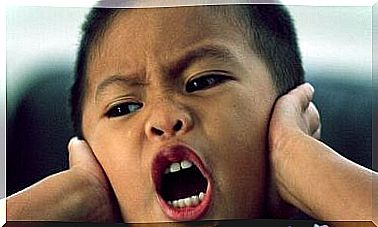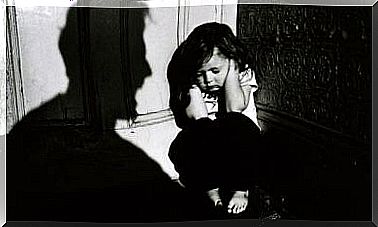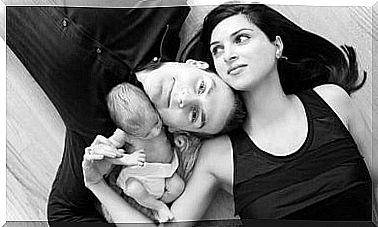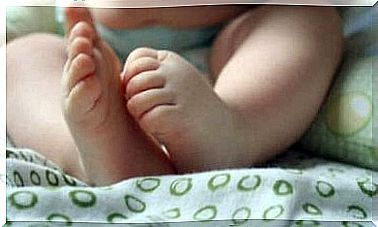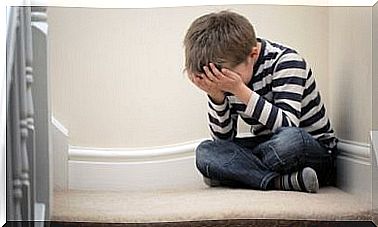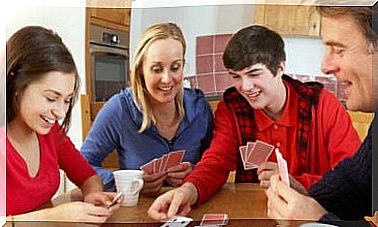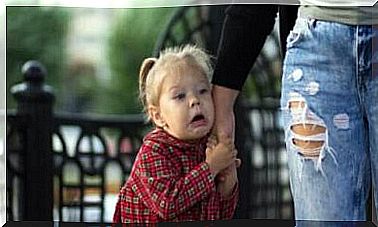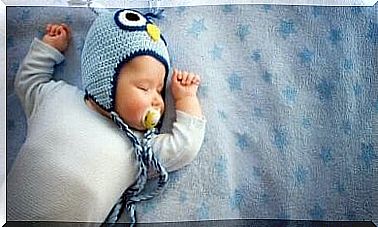Teach Your Child To Be Responsible
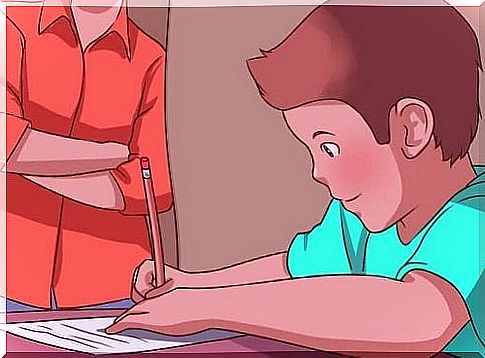
Teach your child to be responsible by taking our advice into account. There are 3 recommendations that we consider essential when raising a child.
Of course in every home there is a certain style in which parents educate and values are passed on to their children. Nevertheless, we believe that our advice can be adapted to any parenting method.
We therefore sincerely hope that this article will help you teach your child to be responsible and in some way help you further with the difficult but worthwhile task of parenting.
Household chores teach them to be responsible
Household chores should be shared by all members of the family, from the youngest to the oldest.
For example, your child should be responsible for tidying his room and keeping his toys tidy. It is not good for a mother to spend all day cleaning up the mess their child makes.
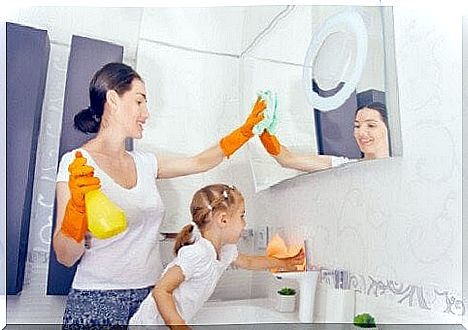
Your young child needs to learn that his room and toys are not his only responsibilities. There are also other chores around the house that the whole family can do. Therefore, these tasks should be everyone’s responsibility. For example, think of:
- to clean
- Cook
- to wash up
- wash clothes
- take out the trash
- to recycle
- mowing
Work makes children noble and it also teaches them to be responsible. That is why it is important that your child helps out at home as early as possible.
For example, if your child is 2 years old, he can already help you put away the washed clothes. He can carry it from the bed to his closet, or he can put his dirty clothes in the laundry basket. You can also ask him to help you move groceries from the car to the house: tea bags, a small cup of yogurt or ice cream, bread, and so on.
This allows them to take responsibility as they get older. You should teach them how to help you at home once they start walking.
Teach them to care about others
When a child is 2-4 years old or older, they must learn to care about others. They must be willing to help with whatever another needs. In this way, for example, you teach them to be responsible with their peers.
However, their greatest responsibility lies in studying and learning something new every day. They need to understand that those around them need just as much as they do.
If Mommy’s head hurts and she lies down, he can stay with her and, for example, stroke her forehead to make her feel better.
Teaching a child to love others is also important for their own emotional and physical well-being. It is important for a child to know that they are not always the center of the family’s attention. They need to understand that the other members of the family are just as important.
Reward them for their good behavior
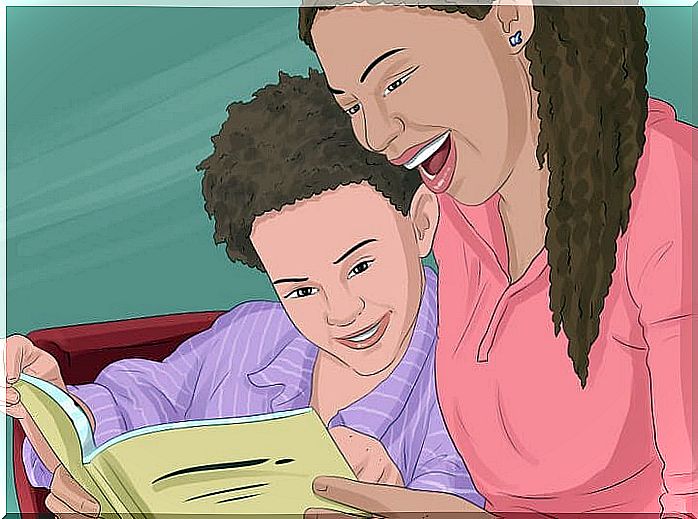
Finally, we want to talk to you about what kind of rewards you could use in raising a child. These rewards will help them become more responsible.
Please note that when we talk about rewards or gifts we are not referring to a bicycle, tablet, phone or other tangible gifts. We mean rewarding children with praise, displays of affection, and encouraging their self-esteem.
A child who is responsible to themselves and others should be praised by the adults around them. We must emphasize their good deeds and behavior.
But of course, all of this should be done reasonably to prevent your child from becoming selfish.
Give compliments!
For example, if in addition to your child’s usual chores — doing homework, taking out the trash, picking up the toys from the floor in their room — they’re also concerned about helping Mom serve dinner or helping Dad pick herbs from the garden, they deserve a big compliment.
“What a responsible child!” “You grow up so fast!” “Very good, that’s how it should be!” “Thank you…”
Your child, like everyone else, needs positive feedback to let him know that he is appreciated for doing well.
So keep in mind that children like to receive compliments and feel useful. A kiss, a pat on the shoulder, a hug or an encouraging expression: “What a good child!”
Look how much he will help his mother! Why don’t you tell him how you feel? Who better to praise his child than yourself!

